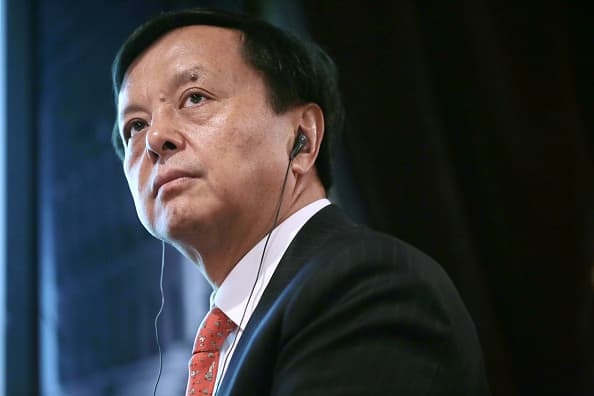Charles Li Xiaojia, Chief Executive of Hong Kong Exchanges and Clearing Limited (HKEx) attends OSC’s Money Talk Charity breakfast in Central. 15DEC15 (Photo by Paul Yeung/South China Morning Post via Getty Images)
South China Morning Post | Getty Images
Hong Kong Exchange and Clearing (HKEX) was “late” to making a takeover offer for the London Stock Exchange Group(LSE), HKEX’s CEO admitted on Tuesday.
“I regret to say that we were late,” HKEX boss Charles Li told an audience in London. “We had wanted to do this for quite a while.”
He explained further that the company had been waiting to make a bid to combine with London’s exchange operator while Brexit uncertainty dragged on.
HKEX earlier this month made a £29.6 billion ($36.9 billion) merger offer for the LSE, a move that surprised many observers and which London’s trading venue subsequently rejected.
Li even said he understood LSE Group CEO David Schwimmer’s rationale in rejecting the Hong Kong deal, stating: “If I were in David’s shoes, I would reject Charles Li.”
He added that HKEX’s logic in announcing the proposed transaction at the time was that it was “now or never” and that it had to “take some risks.”
HKEX’s chief was speaking just minutes after Schwimmer gave a speech on stage at the Sibos conference in London. Schwimmer had said earlier that he viewed Shanghai, not Hong Kong, as China’s “financial center.”
The LSE has already agreed to buy financial data firm Refinitiv in a $27 billion deal which Schwimmer said would enable the firm to tap into foreign exchange trading and have an increased presence in fixed income.
